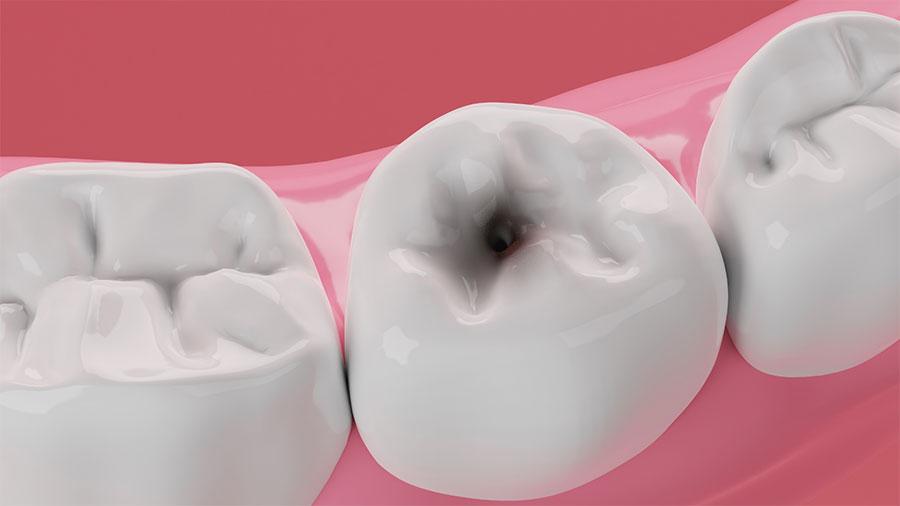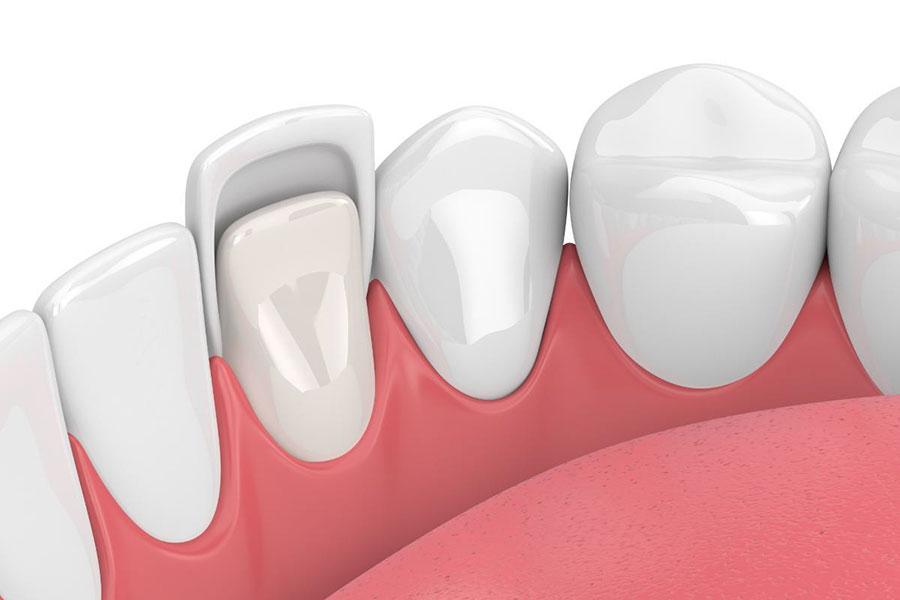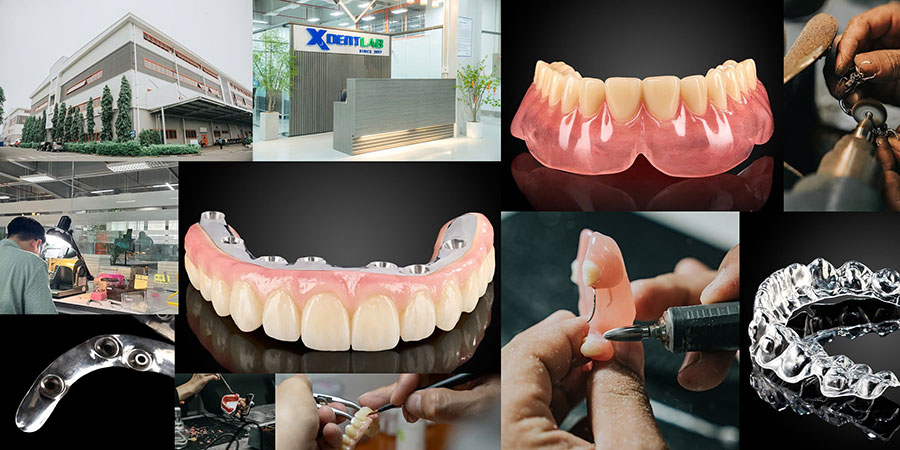Enamel decay is a common oral health issue that not only affects the appearance of your teeth but can also cause sensitivity and discomfort when eating.

Table of contents [Show]
Enamel decay is a common oral health issue that not only affects the appearance of your teeth but can also cause sensitivity and discomfort when eating.
What is Tooth Enamel?
Tooth enamel is the hard, outermost layer of your teeth, acting as a protective shield against cavities and physical damage. Interestingly, enamel is the hardest tissue in the human body but contains no living cells—meaning it cannot repair itself once damaged. When enamel wears down, teeth may become discolored, sensitive, and more vulnerable to further damage.

Causes of Enamel Decay
Acidic Foods and Drinks
Consuming acidic items like citrus fruits, soft drinks, coffee, tea, and sour foods can erode enamel over time. Sugary and starchy foods also contribute, as bacteria convert them into acids that attack enamel.
Improper Oral Hygiene
Brushing too hard or too frequently can wear down enamel. Inadequate cleaning allows bacteria to build up, increasing the risk of decay. Additionally, using your teeth as tools (to open packages or bottles) and habits like teeth grinding can damage enamel.

Other Causes
Gastroesophageal reflux disease (GERD): Stomach acid can reach the mouth and erode enamel.
Certain medications: Some, like antihistamines, reduce saliva and increase decay risk.
Vitamin C: Overuse of vitamin C supplements or juices can demineralize enamel.
Dry mouth: Saliva helps protect enamel; a lack of it increases decay risk.
Recognizing Signs of Enamel Decay
Tooth sensitivity to hot, cold, or sour foods.
Discoloration (yellowing or white spots).
Rough, chipped, or uneven tooth edges.
Smooth, shiny surfaces (a sign of mineral loss).
Severe sensitivity or pain with advanced wear.
Cavities, especially on chewing surfaces.

Although lost enamel cannot be regenerated, the following treatments can help restore function and appearance:
Dental Fillings: Restore shape and protect exposed dentin.
Porcelain Veneers: Thin coverings bonded to the front of teeth for aesthetics and protection.
Porcelain Crowns: Cap the entire tooth for strength and appearance, especially when damage is extensive.
How to Prevent Enamel Decay
Dietary Habits
Limit acidic and sugary foods/drinks.
Use a straw for acidic beverages.
Rinse your mouth or drink milk after acidic foods.
Chew sugar-free gum to stimulate saliva.
Stay hydrated and limit alcohol/tobacco.
Oral Care
Brush gently with a soft-bristled brush 2–3 times daily.
Floss daily.
Use a fluoride mouthwash.
Treat underlying conditions like GERD.
Wear a night guard if you grind your teeth.
Visit your dentist every 6 months for early detection and care.
About XDENT LAB
We provide high-quality dental products for international markets, including night guards for bruxism. Our skilled technicians and modern equipment ensure both aesthetics and competitive pricing.
XDENT LAB is an expert in Lab-to-Lab Full Service from Vietnam, with the signature services of Removable & Implant, meeting U.S. market standards – approved by FDA & ISO. Founded in 2017, XDENT LAB has grown from local root to global reach, scaling with 2 factories and over 100 employees.. Our state-of-the-art technology, certified technicians, and commitment to compliance make us the trusted choice for dental practices looking to ensure quality and consistency in their products.

Our commitments are:
100% FDA-Approved Materials.
Large-Scale Manufacturing, high volume, remake rate < 1%.
2~3 days in lab (*digital file).
Your cost savings 30%.
Uninterrupted Manufacturing 365 days a year.
Contact us today to establish a strategy to reduce operating costs.
--------❃--------
Vietnam Dental Laboratory - XDENT LAB
🏢 Factory 1: 95/6 Tran Van Kieu Street, Binh Phu Ward, Ho Chi Minh City, Vietnam
🏢 Factory 2: Kizuna 3 Industrial Park, Can Giuoc Commune, Tay Ninh Province, Vietnam
☎ Hotline: 0919 796 718 📰 Get detailed pricing
Tags:
Enamel DecayShare this post:





